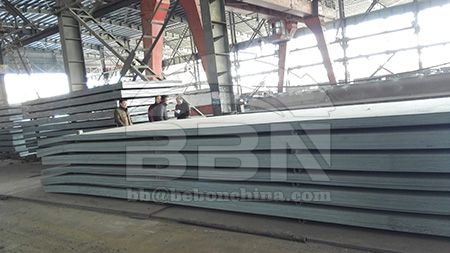
Steel plate SS41 is a low carbon steel with a tensile strength of 400-510 MPa and a yield strength of 245 MPa. While this type of steel plate has been widely used in various industries, it has several drawbacks that should be taken into consideration.
One of the main issues with steel plate SS41 is its susceptibility to corrosion. This can lead to structural weaknesses and shorter lifespan of the product. Additionally, steel plate SS41 has lower hardness and wear resistance compared to other types of steel, which can limit its use in high-stress applications.
Another concern is the environmental impact of producing steel plate SS41. Steel production is a highly energy-intensive process that results in significant greenhouse gas emissions. As such, companies using steel plate SS41 should consider their carbon footprint and explore more sustainable alternatives.
Lastly, there are safety concerns surrounding the use of steel plate SS41. When exposed to high temperatures, steel plate SS41 can release toxic fumes that pose a risk to workers and the environment. Adequate ventilation and protective equipment must be provided to mitigate these risks.
Overall, while steel plate SS41 may have certain advantages, it is important to carefully consider its drawbacks and explore alternative materials for more sustainable and safe solutions.
Just like you, 70% customers choose long-term cooperation with BBN steel not only for our good product and service quality, good reputation in the international market, but also for our experienced one-stop raw material supply and further steel processing!
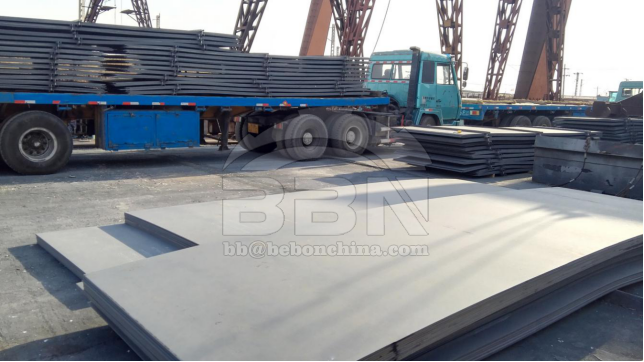
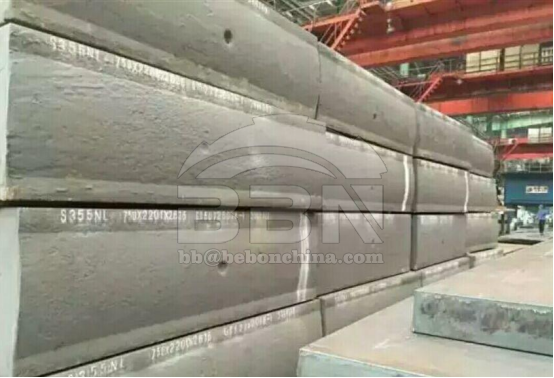
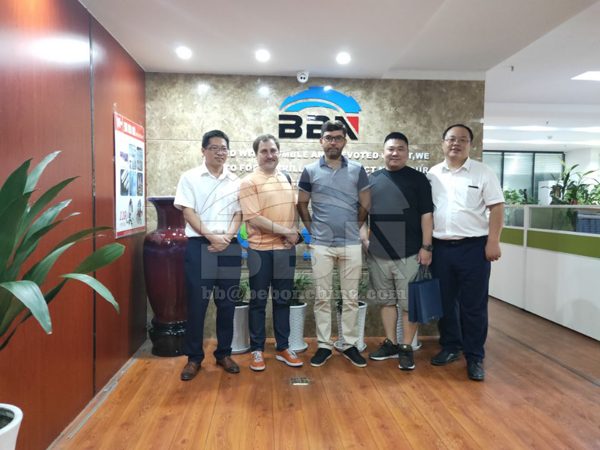
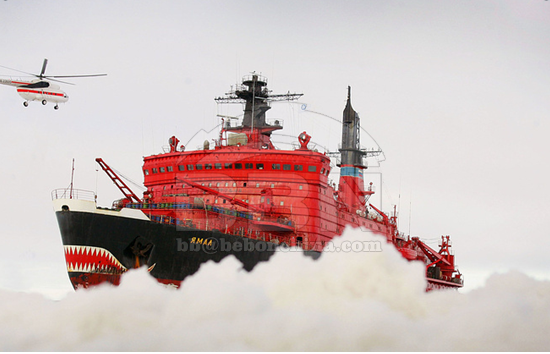
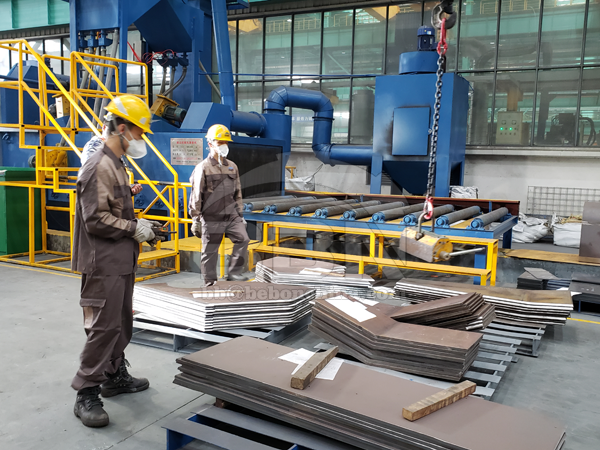
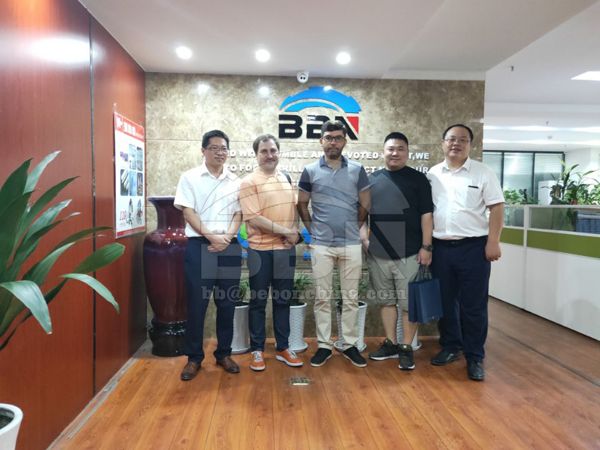
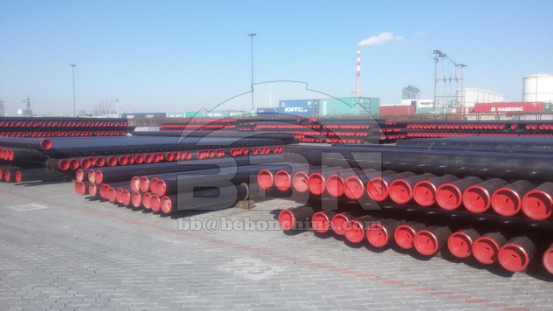
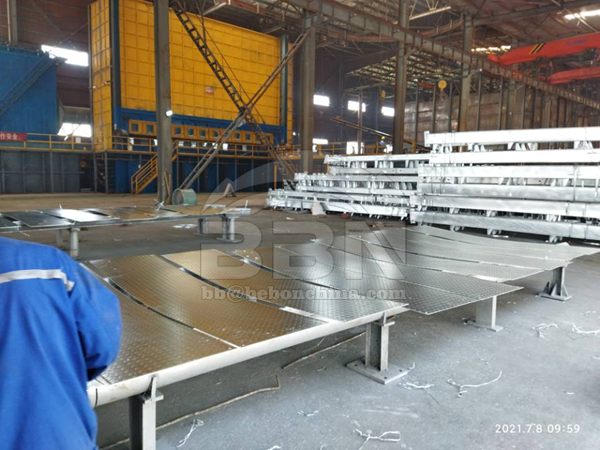
Henan BEBON Iron&Steel co.,ltd.